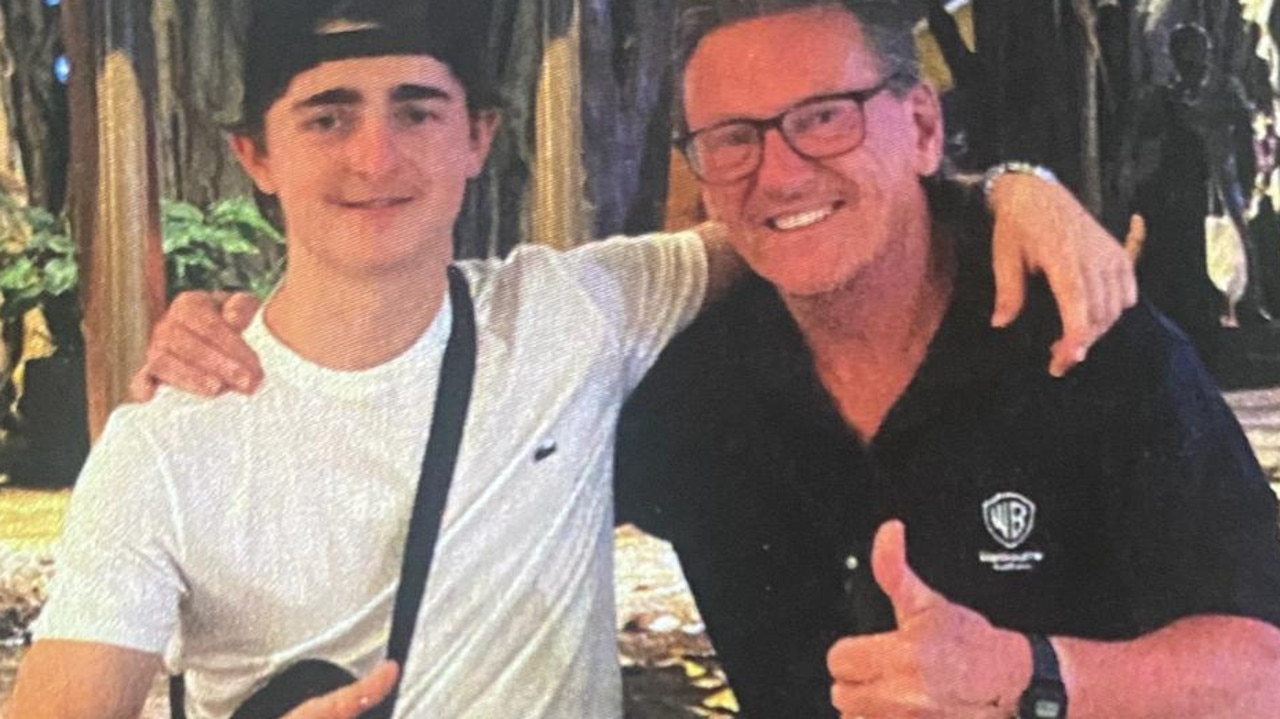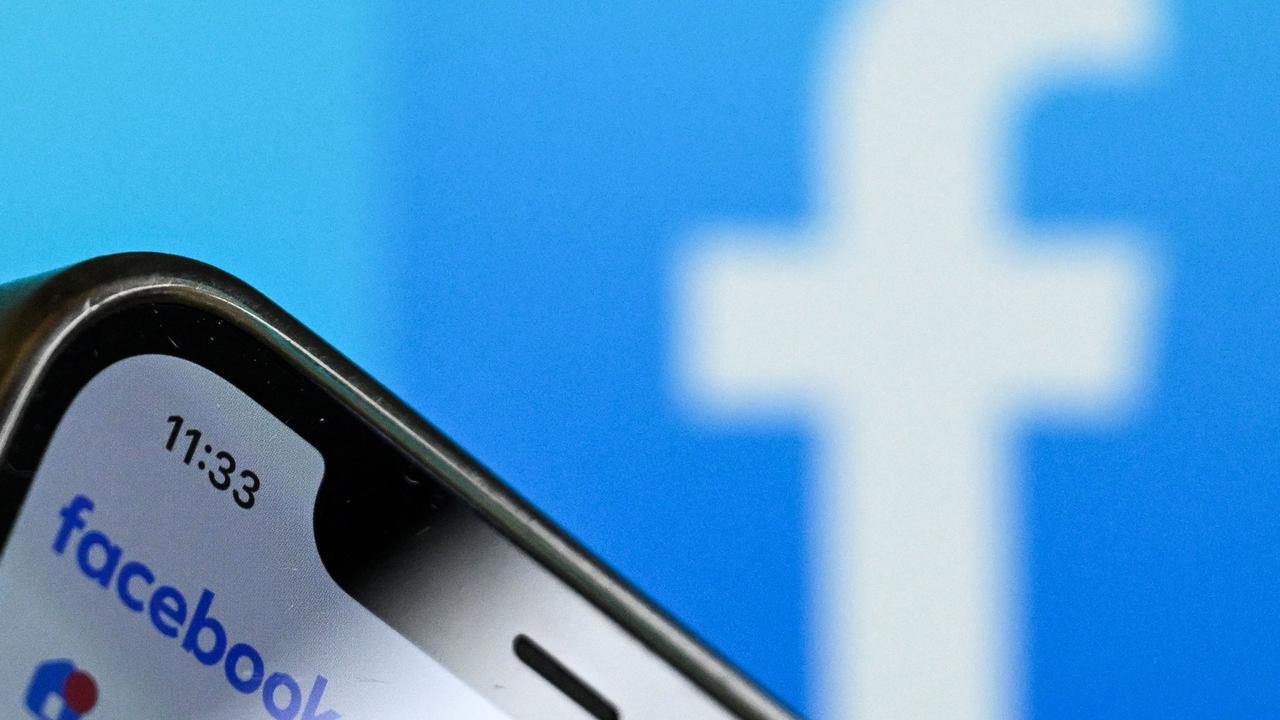Dark truth behind Aussie teen’s mirror selfie
A Melbourne woman has revealed the very dark secret she was hiding from the world behind her seemingly normal mirror selfie.
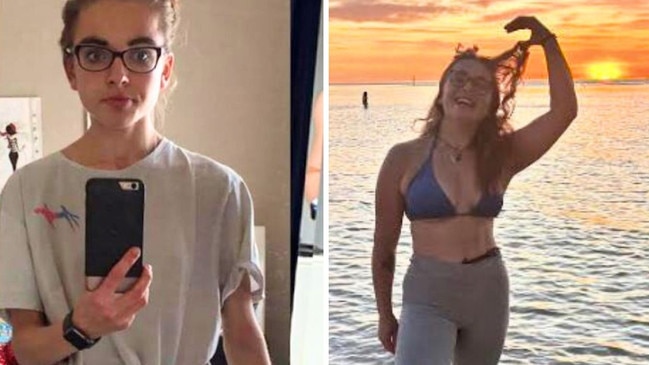
Social
Don't miss out on the headlines from Social. Followed categories will be added to My News.
This article discusses the issue of eating disorders and could be triggering for some readers.
Looking back at photographs from her teenage years, Kim Szeredi is overwhelmed by a sense of sadness.
What should have been some of the happiest and carefree times of her life were instead clouded by the dark reality of battling a harrowing eating disorder from the age of 13.
The now 25-year-old recalls the seeds being planted in her mind from a very young age, as she felt surrounded by “diet culture” and “anti-fat” messages throughout her childhood.
Feeling pressured by drastic life changes and starting a new school, Kim shared that she went on her first extreme diet when she was in year six, losing 13kg in just three months.
“I remember taking just a carrot to school for lunch and feeling so proud of myself,” the Melbourne strength coach told news.com.au.
This week, along with parents from across Australia, we are calling on the federal government to raise the age limit at which children can access social media to 16 as part of a national campaign, Let Them Be Kids, to stop the scourge of social media.
Let Them Be Kids: SIGN THE PETITION
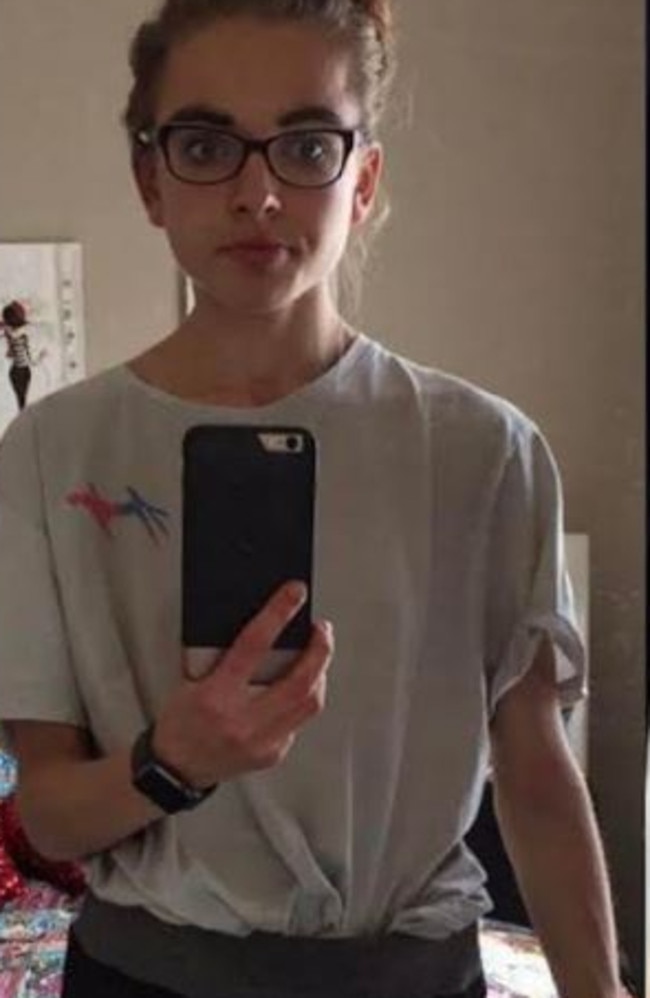
“I began exercising loads and eating less. I felt like I needed to control something in my life.
“People would tell me I looked thin, and I’d take it as a compliment. If they were worried, it meant I was doing something right.
“I always felt proud if I could skip another meal or go extra hard in a workout.”
Throughout her high school years, Kim says her time on social media apps like Instagram heavily contributed to her disordered thoughts about eating and body image.
With a hyper-focus on sharing the most positive and fun aspects of people’s lives, as well as the best type of carefully curated selfies, it is common for people to compare themselves to what they are seeing online.
For Kim, this translated to obsessively looking at other women’s bodies and comparing her size to theirs.
It also meant she was bombarded with different advertisements for things like ‘skinny’ teas and diet shakes, further contributing to her obsession with weight loss.


“As I became invested in looking smaller and leaner, I compared myself to girls on social media who looked the way I wanted to,” she explained.
“I would see their ‘what I eat in a day’ clips and study their heights to see if I could look like them with a certain BMI.
“I also found myself buying into products that they had discount codes for so that I could shape my body to be like theirs.
“This became toxic as I spiralled into needing to hit certain calorie targets, constantly body checking, nitpicking myself apart and constantly aspiring to exercise as much as possible.”
Triggered by what she was seeing, Kim recalls doing extreme things to lose weight, such as doing soup-only diets and sneaking off to work out in secret.
This continued for years until she was officially diagnosed with anorexia when she was in year 12.
“Anytime anyone would say they were worried about me, or that I lost more weight, it was a positive thing in my mind,” she said.
“I was getting more attention, more recognition. I was being seen.
“But it got a point where it was too much. I was finally diagnosed with anorexia nervosa when I was in year 12.”

Her crucial turning point came after she saw herself in a changing room mirror while trying on gym clothes at Lululemon.
Seeing her small frame in that way made her realised she wanted to change.
For the next few years, she worked on overcoming her illness and gaining strength, even taking up powerlifting in 2022.
Kim is now working as a strength and powerlifting coach for her own business, Seasalt and Strength Coaching, where she helps others who have been on similar journeys to hers.
“I think going through what I have has helped me be a better coach,” she said.
“I know what it is like to struggle with diet culture and body image. It gives me that unique insight to be able to help others through it.
“It is so important to know you’re not alone in this. There is help out there.”
“I didn’t want to be a problem...”
For Varsha Yajman, who had suffered from an eating disorder when she was 14, it took many years to get an official diagnosis.
The now 21-year-old told news.com.au that she felt she was not taken seriously by her local GPs as she was “not sick enough” to warrant help.

Another layer she struggled with was her cultural background. Sadly, many still hold the false notion that only “white, thin girls” can suffer from an eating disorder.
“My disordered thoughts started from the age of seven,” the 21-year-old from Sydney explained.
“It stemmed from extended family members saying things about what I was eating or commenting on my body.
“I remember eating pizza and my extended relatives asking why I was eating that. I recall being weighed when we had family visiting, and someone saying we could “fix” it.
“It planted a seed in my head that I was a problem and I didn’t want to be a problem.
“Thankfully my mum, she was a single mum, and she never said anything about food or my body or anything. It wasn’t ever mentioned.
“But it stuck in my head. And I remember sucking in my stomach a lot, and then started thinking about weight loss from about 12 years old.”
Varsha said that after getting social media for the first time when she turned 13, she found it exacerbated her already disordered thoughts about body image and eating.

While at the time it felt like it was somewhere she belonged, looking back she says in many ways it very detrimental to her recovery.
“As I started developing my eating disorder, it was hard to see the unattainable beauty standard on social media apps,” she said.
“I would watch things like cheat days and 10,000 calorie challenges. Seeing someone else eat lots of food fulfilled something inside me.
“There are also lots of things labelled as recovery content that actually isn’t. You end up comparing yourself to them.
“It made things a lot harder sometimes. I think raising the age of social media apps needs to come with better media literacy education.
“We also need to have a better and more accessible mental health care system.”
Varsha said it took a long time for her to receive an official diagnosis for her eating disorder.
Her local GP, who was also Indian, told her that she just needed to “eat more and exercise less” but would not look into it much further than that.
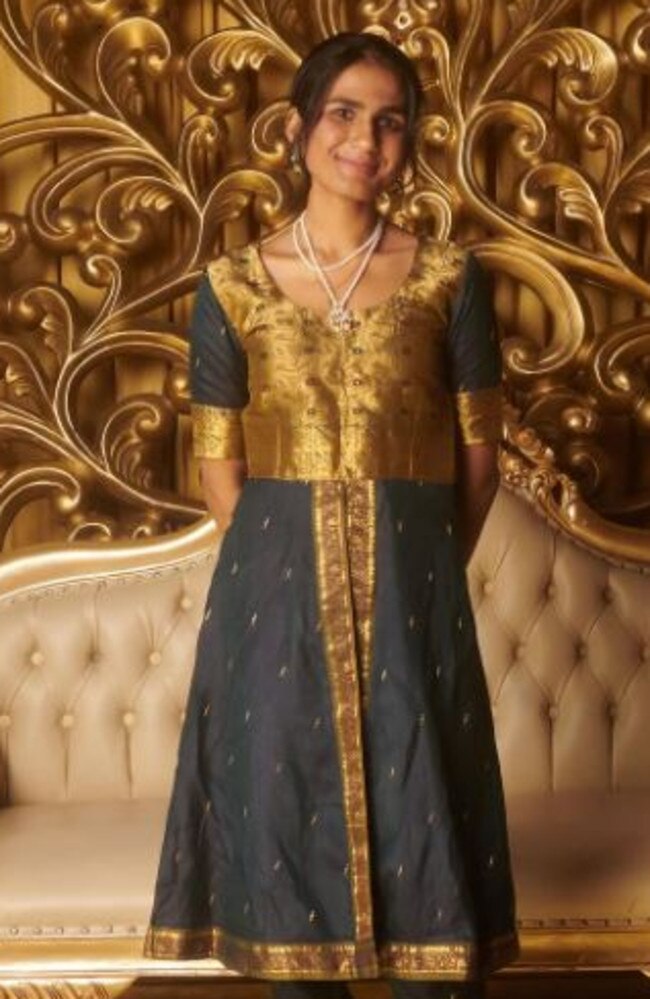
It was not until she began struggling in her final year of school and needed help to get an extension on her assessments that she was diagnosed with anorexia.
For the first time, she was able to speak to a psychologist about her issues and get the validation she had needed for many years.
She is now in recovery and uses her experiences to advocate for change when it comes to those suffering from eating disorders.
“I’ve had relapses over the years and had to delete Instagram on my phone many times,” Varsha said.
“There are some random weight loss ads and diet culture talk on there that I just don’t like. It can be a dangerous place.
“Thankfully, I am working every day even after recovery and it is not always easy. Thankfully, I always have the support of my mum through it all.”
Originally published as Dark truth behind Aussie teen’s mirror selfie


